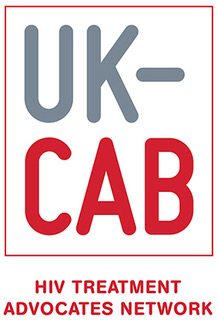2. Person-centred care
‘Person-centred care’ is good-quality care that focuses on your needs as an individual. Your care should not only be about your healthcare needs, it should also be about everything that is important to you, including your family and social situation. You should be involved in making decisions about your care and not just receive healthcare services decided by your doctors. Healthcare professionals should talk with you about your life. You should feel able to talk about your health, your symptoms and your worries. You should feel able to ask questions about these things.
Healthcare professionals should help you manage all aspects of your quality of life. This could include, if needed, managing pain, emotional and mental health.
2c. Participation of people living with HIV in their care
You should be involved in all decisions about your own HIV care and treatment. You should have all the information you need in order to make decisions about your treatment and care. Your healthcare team should be able to provide you with the information you need to make these decisions. You can expect:
To have your views respected
To be involved in decisions about your diagnosis, health outlook, and treatment
To be informed about making decisions for yourself
To be given the information and support you need to make your own decisions
To have your decisions respected. This includes the right to stop or refuse treatment.
There are information and support services that can help. Information is available in print form, online, by telephone and in peer support. These can help with HIV treatment, poor mental health, living with HIV, and social and financial difficulties (see the 2018 Standards for a full breakdown).
Being involved in your healthcare can benefit your long-term health (see Standard 2b - Self-management and peer support).
You may want to get involved in the design, delivery and performance of care services. If you do, then you should be offered information and training to help you. Information for getting involved should be provided by the NHS, councils and community support services.
Key messages
You should be at the centre of any decisions about your health and care.
You should be given information about your care. This should include all aspects of HIV and treatment. All information should be written in easy to understand language.
You should be helped to develop your knowledge and skills in self-management. You can ask about any aspects of your care. Your doctors should direct you to any other services that can help, including social care and peer support.
You should be offered the opportunity to get involved in the design, delivery or assessment of your health services, if you wish.
